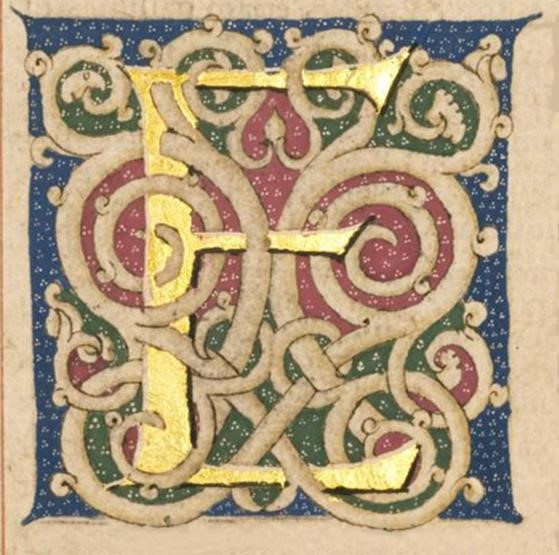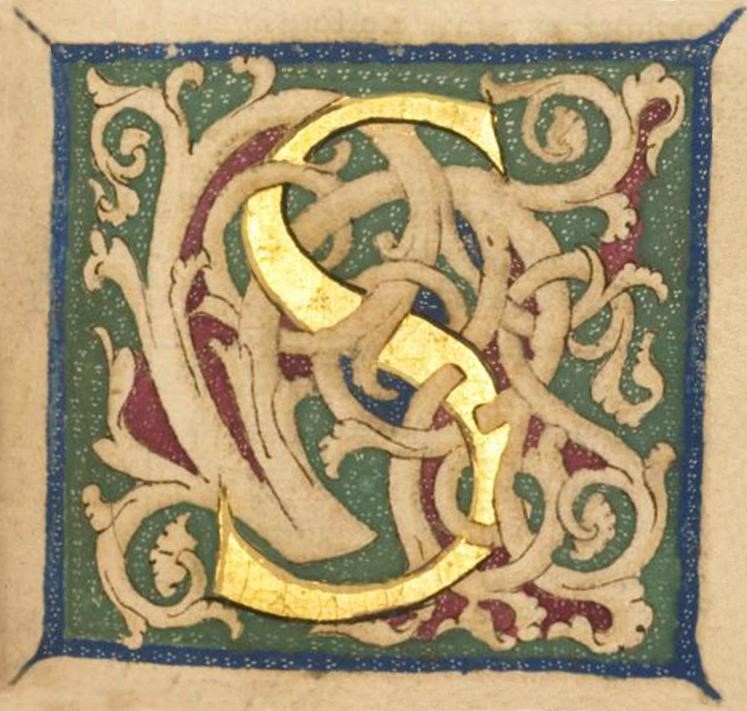Travel, diplomatic and maritime literature and history
Our research considers the relations between England and its neighbours in Europe, across the Mediterranean and the North Atlantic in the years during which England emerged as a maritime power and a key offender in the slave trade. We examine the construction of English identities that emerged as reactions to encounters with those of different religions and different cultures, particularly in English drama. We consider the people whose lives were shaped by these cross-cultural exchanges, from diplomats and merchants to ordinary sailors. We have active collaborations with the TIDE project on these topics, the Sideri network and the British Commission for Maritime History Dr Richard Blakemore, Dr Chloe Houston and Dr Mark Hutchings are key researchers in this area.
History of the book and material cultures
All books produced in the early modern period were made by hand in workshops full of specialist craftsmen. Building on the work of print historians and bibliographers, researchers on the material text analyse the ways in which we, as readers, can interpret the physical, material aspects of early modern texts and the mark left on those books by the people who made them, from pressmen to bookbinders to publishers to booksellers. Several members of the Centre have taken this knowledge of the material text and the early modern book trade and used it in their work as scholarly editors. The book as a material object also has a very significant role in our understanding of literary form and of the social history of texts. Our research examines the idea of ‘gathered’ texts and the role that poetry plays in social transactions and in the early modern cultures of recreation. Dr Rebecca Bullard, Professor Michelle O’Callaghan and Emeritus Professor Cedric Brown are lead researchers in this area.
Medical humanities
The early modern period was one in which fundamental assumptions about the relationship between the body, the mind and the person were reconsidered. By examining attitudes to illness and disease, to the process of recovery and the efficacy of medicine, we can see the ways in which religious belief, medical theory and theories of the humours intersect to create an idea of the human being as an ‘embodied soul’ in ways that challenge a simplistic understanding of the age as one dominant by Cartesian dualism. Key issues for this theme are the treatments of diseases and the emotional and spiritual experiences of illness and recovery, in children and in adults. How do religious ideas about providence shape perceptions of illness and recovery? How does the soul relate to the body, and how is the ‘self’ altered by changes to the body? How was illness and the bedchamber understood as a sensory experience? Dr Hannah Newton and Dr Alanna Skuse are key contributors to this research theme.
Reformation cultures and communities
The English Reformation was the most profound change to English politics and society before the Industrial Revolution. On a national level, the political alliances within 'the three kingdoms' of England, Ireland and Scotland, and between Britain and Europe, were re-drawn; and with that, the political identities of those peoples were altered. On a local and individual level, the patterns of work and recreation, the uses of public spaces like churches and churchyards, and relations between neighbours had to be reworked to fit new religious orthodoxies. The study of early modern religion investigates the role of the Christian church(es) and its relationship with its members, alongside magic, superstition, and what might loosely be termed 'popular' belief in the supernatural. The literature of the Reformation, its sermons, polemics and its histories, were vital to the remaking of English culture. Within two generations, England became a society with a Protestant-identifying majority and vocal but marginalised religious minorities. These changes had wide-ranging implications for England's relations with her European neighbours. The religious and cultural history of Reformation England and Europe is the focus of the research of Emeritus Professor Ralph Houlbrooke, Professor Helen Parish and Dr Mary Morrissey.
Political thought and political change
The early modern period in English history began with the end of its last dynastic war and would witness the only English experiment with republican government. By the end of the period, a recognisable system of parliamentary (and party) politics had been established. Intense moments of political debate, such as were seen in the 1647 Putney Debates between the Levellers and the New Model army, were shaped by a long history of engagement with classical and medieval theories of law, of government and of political duty and obligations. Our researchers consider political thought and political culture of seventeenth-century England, from the early days of the Tudor regime, through the Civil War period and into the eighteenth-century. Dr Rachel Foxley, who has published on the Levellers, and Professor Alan Cromartie, a scholar of Thomas Hobbes, are members of the international research network on The Legacy of Greek Political Thought based at Reading. Dr. Rebecca Bullard has research interests in in the relationship between literature and party politics and he interconnections between the literary and political cultures of the eighteen-century, focusing on well-known authors such as Daniel Defoe and Jonathan Swift, as well as less canonical writers such as Delarivier Manley and Eliza Haywood.



